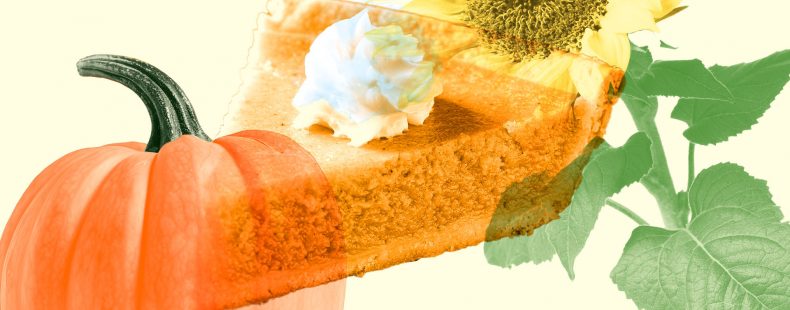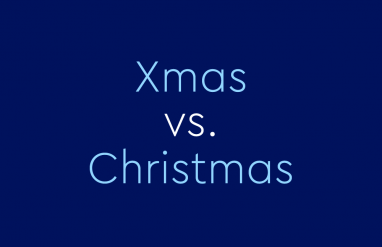The language of Thanksgiving
How well do you speak the language of Thanksgiving? This popular holiday is known for food, family, and football, but it’s also a holiday with its own unique set of vocabulary words that can be used to describe everything from the foods on the table to the celebratory festivities. Many Thanksgiving words have surprising meanings and origins. Some were even taken from classical mythology. Read through this word list to brush up on your Thanksgiving vocabulary, and you’ll have plenty of interesting trivia to share when you sit down with family and friends at the dinner table.















